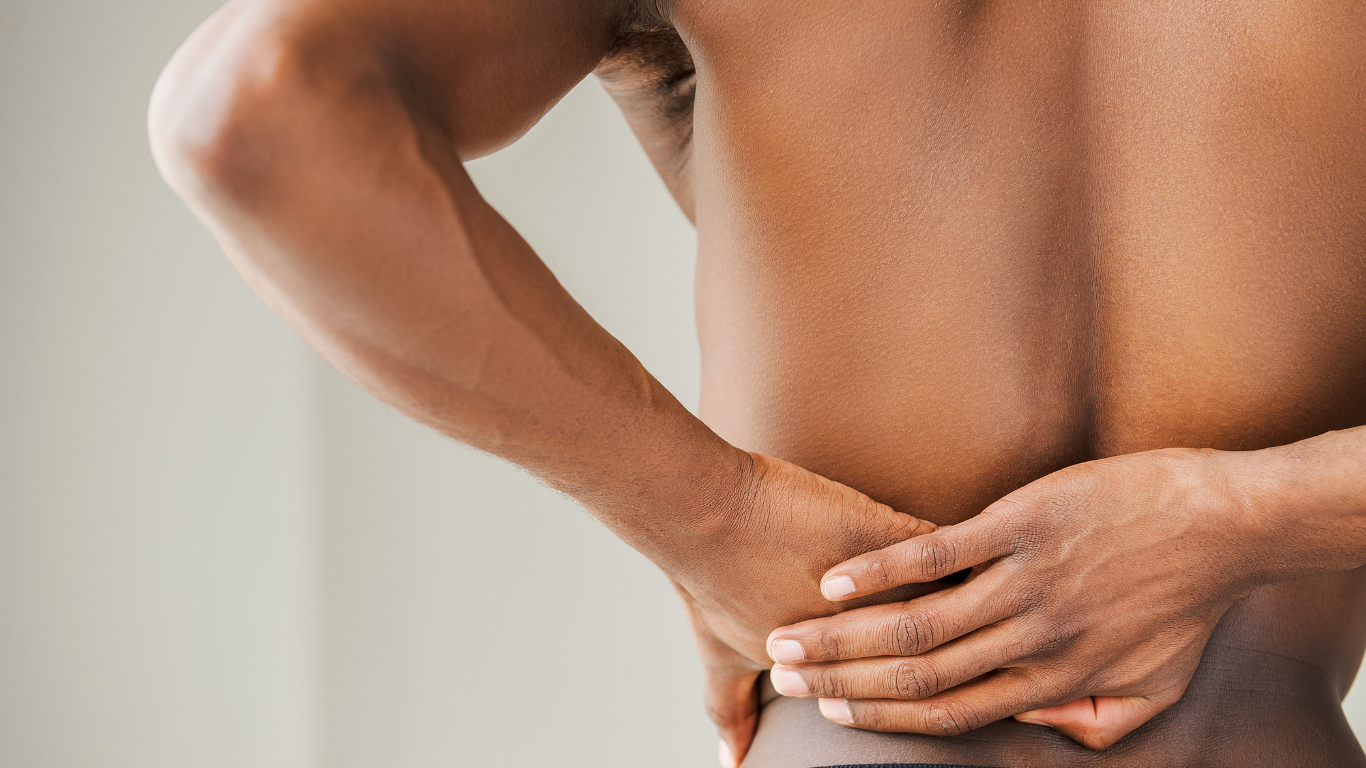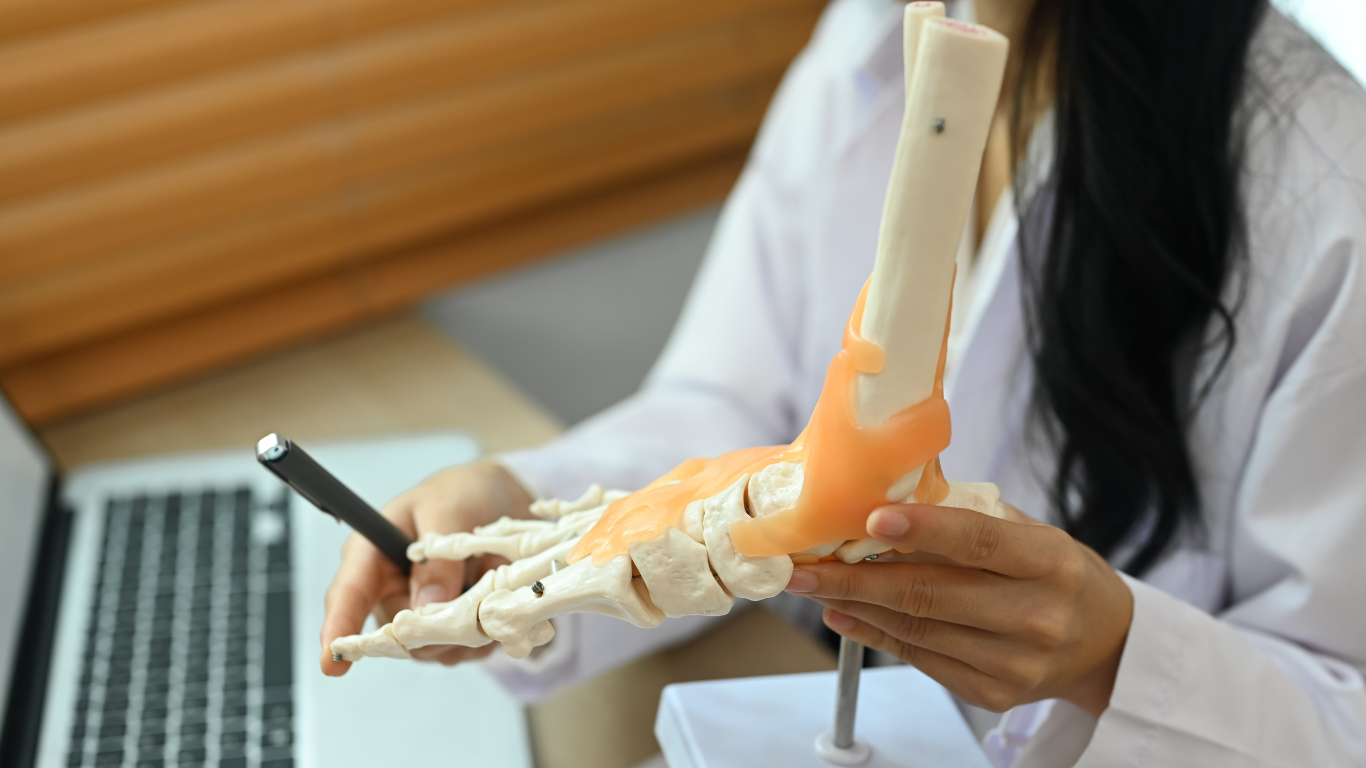Knee surgery, whether it’s for a total knee replacement, ACL reconstruction, or meniscus repair, often results in post-operative pain that can affect a patient’s recovery. Effective pain management is crucial for ensuring a smooth rehabilitation process and preventing complications. In this detailed guide, Dr. Max, a leading orthopedic surgeon, shares essential pain management strategies to help patients control discomfort, promote healing, and reclaim their daily lives.
Understanding Pain After Knee Surgery
Post-surgery pain is a normal part of the healing process. Dr. Max explains that the intensity and duration of pain can vary depending on the type of knee surgery and the patient’s pain tolerance. While pain is inevitable, managing it effectively can lead to faster recovery and better outcomes.
- Types of Pain: Patients may experience surgical site pain, swelling-related discomfort, or stiffness in the knee joint. Nerve pain is also common in the early stages of recovery.
- Expected Duration: Pain typically subsides within a few weeks, although mild discomfort may persist during physical therapy.
Understanding the different types of pain and what to expect after knee surgery helps patients better manage their recovery.
Medications for Pain Relief
One of the most common and effective ways to manage pain after knee surgery is through the use of medications. Dr. Max advises patients on different medications, each with a specific role in controlling pain and inflammation.
- Non-Steroidal Anti-Inflammatory Drugs (NSAIDs): NSAIDs like ibuprofen and naproxen reduce inflammation and help manage moderate pain. These medications are prescribed in the early postoperative period.
- Opioids: For severe pain, opioids may be prescribed for short-term use. However, Dr. Max stresses the importance of using opioids only as directed to prevent dependency.
- Nerve Block or Local Anesthetics: In some cases, Dr. Max may use a nerve block or inject local anesthetics during surgery providing long-lasting pain relief in the immediate post-op period.
By following Dr. Max’s medication plan, patients can safely control their pain and transition away from opioids as healing progresses.
Cold Therapy for Swelling and Pain Relief
Cold therapy is an effective, non-medication-based approach for reducing both pain and swelling after knee surgery. Dr. Max recommends using ice packs or specialized cold therapy devices regularly during the first few days after surgery.
- Benefits of Cold Therapy: To reduce inflammation and numb the area to alleviate pain it is recommended to use cold therapy.
- Application Guidelines: Patients should apply cold packs for 20 minutes at a time, multiple times. Dr. Max advises using a cloth barrier between the ice pack and the skin to prevent frostbite.
Cold therapy is particularly effective in the first 72 hours post-surgery but can be continued for several weeks to manage pain and swelling.
Elevation and Compression to Control Swelling
Controlling swelling is key to reducing post-operative pain. Dr. Max advises patients to elevate their legs and use compression as a pain management strategy.
- Elevation: Keeping the leg above heart level helps reduce blood flow to the knee, minimizing swelling and associated pain.
- Compression: Dr. Max often recommends compression bandages or stockings to help reduce swelling and improve circulation in the leg.
Elevating the leg and using compression can speed up the reduction of swelling, helping patients feel more comfortable and recover faster.
Physical Therapy and Gentle Movement
While it may seem counterintuitive, early movement is an essential component of pain management after knee surgery.Dr. Max emphasizes the importance of physical therapy to maintain joint mobility and prevent stiffness, which can cause increased pain.
- Gentle Exercises: Early post-op exercises focus on bending and straightening the knee to improve the range of motion. These exercises should be done under the guidance of a physical therapist.
- Progressive Strengthening: As healing progresses, physical therapy will introduce strengthening exercises to rebuild the muscles around the knee, which in turn helps reduce joint stress and pain.
Following a structured physical therapy program not only reduces pain but also prevents long-term issues like scar tissue buildup or joint stiffness.
Mind-Body Techniques for Pain Control
Pain management goes beyond medications and physical therapies. Dr. Max often encourages patients to explore mind-body techniques as part of a holistic approach to managing pain after knee surgery.
- Relaxation Techniques: Practices such as deep breathing, meditation, or progressive muscle relaxation can help reduce stress and lower the perception of pain.
- Visualization and Guided Imagery: Visualizing a successful recovery or using guided imagery techniques can promote a sense of control and reduce anxiety, which may worsen pain.
- Mindfulness Meditation: Mindfulness can help patients focus on the present moment and manage discomfort without feeling overwhelmed.
Integrating these mind-body strategies can enhance overall well-being and provide patients with additional tools to manage pain.
The Role of Pain Management Specialists
In some cases, patients may require the expertise of a pain management specialist to help control post-operative discomfort. Dr. Max collaborates with pain management professionals to develop individualized treatment plans for patients experiencing persistent pain.
- Interventional Pain Relief Options: For chronic or severe pain, options such as steroid injections, nerve blocks, or other interventional procedures may be recommended.
- Comprehensive Pain Management Plans: Pain specialists can offer a range of therapies, from medication adjustments to complementary therapies like acupuncture or massage therapy.
For patients who continue to experience significant pain despite standard treatment, seeking specialized pain management care can lead to better outcomes.
Alternative Therapies to Support Pain Management
In addition to traditional pain relief methods, Dr. Max encourages patients to explore alternative therapies to help manage pain after knee surgery.
- Acupuncture: Acupuncture has been shown to help reduce post-surgical pain by promoting natural healing responses in the body.
- Massage Therapy: To manage pain and stiffness relief, gentle massage can improve circulation and reduce muscle tension.
- Transcutaneous Electrical Nerve Stimulation (TENS): TENS devices use low-voltage electrical currents to block pain signals and stimulate healing in the surgical area.
Alternative therapies can complement conventional pain management approaches, offering patients a well-rounded plan for controlling discomfort.
Staying Active and Maintaining a Healthy Lifestyle
Dr. Max advises patients that a healthy lifestyle and staying active, within the limits of their recovery stage, can help with pain management after knee surgery.
- Nutrition: Eating a well-balanced diet rich in anti-inflammatory foods like fruits, vegetables, and lean proteins supports healing and reduces inflammation, which can lessen pain.
- Staying Active: Once Dr. Max approves, gentle activities like walking or swimming can promote circulation and reduce stiffness, aiding pain relief.
- Weight Management: Maintaining a healthy weight after surgery helps reduce stress on the knee joint, lowering the chance of pain during recovery.
Taking a holistic approach to recovery, including diet and activity, can help manage pain and improve overall healing outcomes.
Conclusion: A Comprehensive Approach to Pain Management for a Smooth Recovery
Effective pain management is a critical component of a successful knee surgery recovery. Combining medicines, cold therapy, physical therapy, and mind-body techniques, patients can minimize discomfort and accelerate their healing process. Dr. Max is committed to providing personalized pain management plans that prioritize the well-being and comfort of his patients.
By following Dr. Max’s expert advice and staying proactive in their recovery, patients can experience reduced pain, faster mobility, and a smoother transition back to normal activities.


.png)


